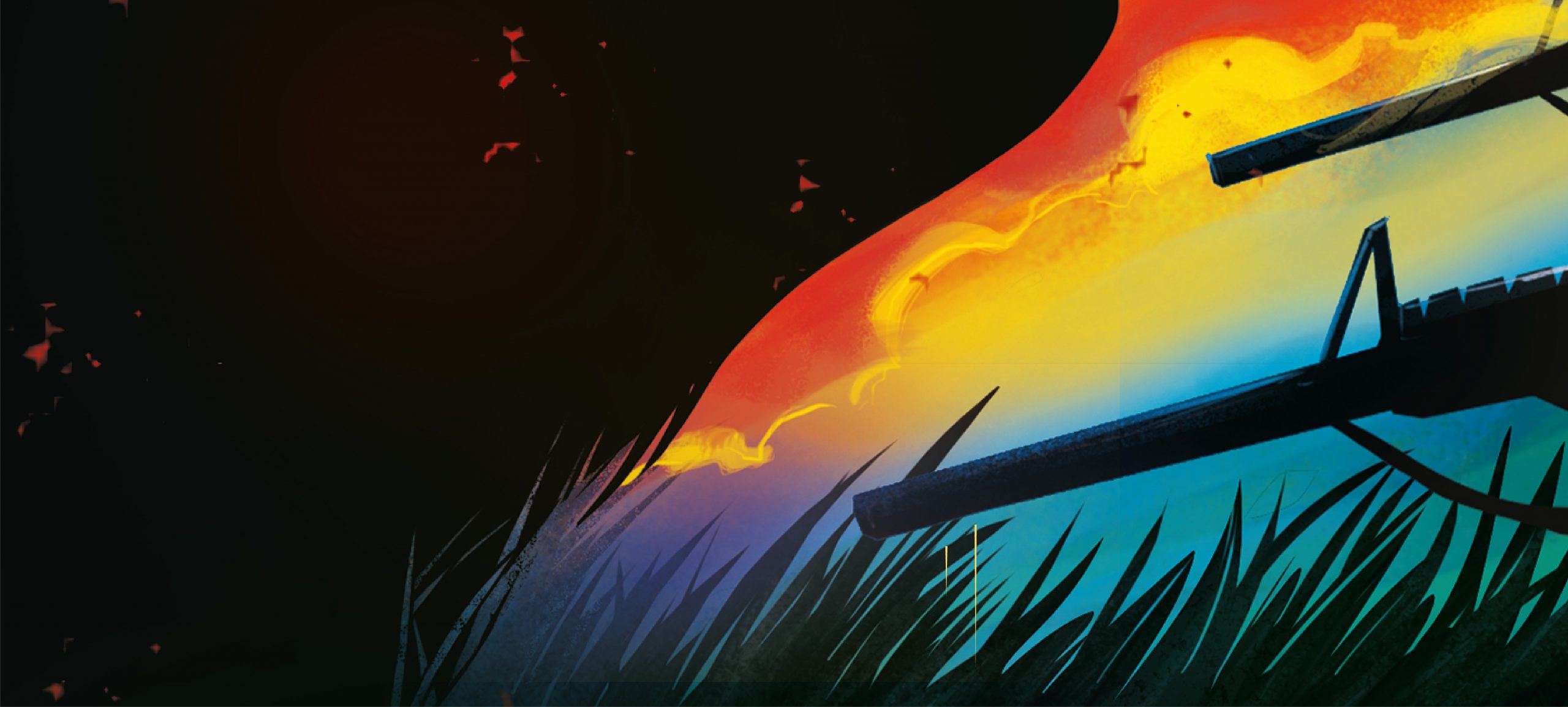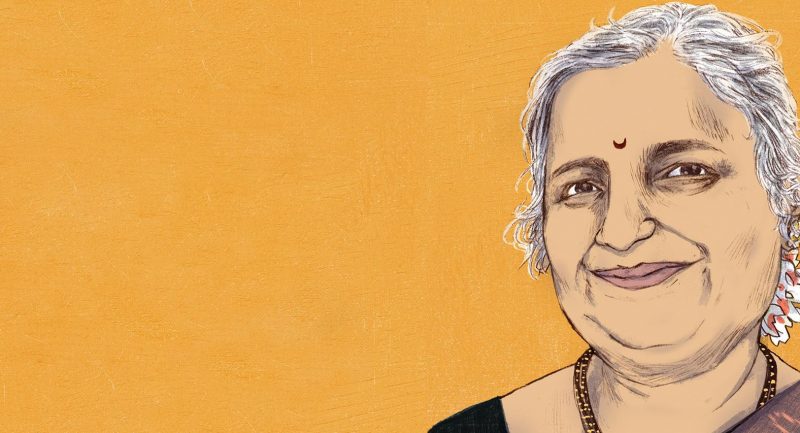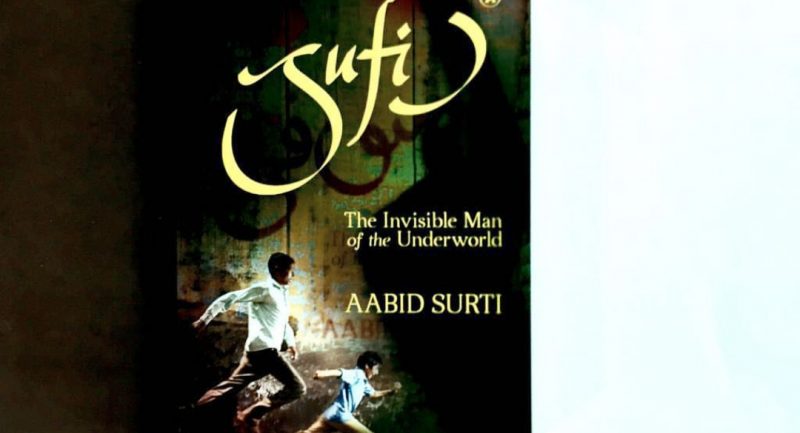
For all of us who are fans of Ankush Saikia’s work are familiar with the famed private detective, Arjun Arora. Arjun Arora, appearing again in Saika’s new book More Bodies Will Fall has had an interesting journey to where he is today. The author and creator of Arjun Arora gives us a glimpse into his own life and the inspiration that gave birth and character to our very own; Arjun Arora. Let’s take a look!
———————————
I lived in Delhi for 14 years, from 1997 till 2011. I first reached Delhi by train—a two-day journey in sleeper class on the North East Express—and 14 years later departed by plane—by then air travel had been affordable for many years. 1997 was the year the first PVR cinema opened in Delhi (in Saket), and I still remember travelling by Blue line buses and waiting at the AIIMS crossing (long since replaced by a cloverleaf flyover, with strange steel installations at the bottom). Some of these details I was to later give Arjun Arora in his reminiscences.
I went from student to working professional in that time, from living with roommates to living on my own, and published a slim novel about a decade after landing in the capital. As I got to know the city better, roaming around it on my motorcycle (a second-hand Yamaha RX100 at first), I had this idea of writing something dark set in the city, something that captured the violence inherent in the city, that looked at its various layers of inhabitants: the businessmen, the fixers, the politicians, the bureaucrats, the call-centre employees, the migrant workers, the middle-class colonies. It was just recently, while reading Capital by Rana Dasgupta, that I saw the non-fictional equivalent, so to speak, of what I was trying to do.
But I couldn’t do anything while in Delhi. My desk job which tired me out, my lack of experience in writing my own books—I was blocked. I do remember an idea for a detective I had, an ex-army officer who loses a foot (or was it a hand?) in a grenade explosion in Kashmir, and who turns to investigating as a career after quitting the army. But that was all it remained as, an idea. It was only after returning to the North East, to Shillong, and having written a noir thriller set in this hill town (The Girl From Nongrim Hills, Penguin India 2013) that I felt ready to write that Delhi book.
I would have liked to do a book with a policeman in it. I had a little experience of police stations and policemen during my 14 years in the city, but not so much that I could start writing a book on them. I would have had to do research, but I was stuck in Shillong, where my wife had just had a baby boy. So, I made the protagonist a detective, with only the knowledge that there were detectives in Delhi, people who operated in their own ways, as there was no legislation covering them. The detective might have initially been Bunty Chawla, Arora’s college friend, and someone totally opposite to the brooding detective. But I soon realised I needed someone with a haunted past to make the darkness of Delhi work in the book.
As for that bit of Arora’s past as a mercenary in Iraq where he narrowly escapes being beheaded—I had before leaving Delhi written a somewhat fantastical thriller involving an American mercenary and two beautiful Indian–Pakistani twin sisters, a sort of a cross between James Hadley Chase and An Evening in Paris. The book was never published, but I took the American’s experiences in the opening chapter in Iraq and reworked them a bit for Arora. He also had, typically, a divorced wife, besides a teenage daughter, and a flat in Delhi’s Chittaranjan Park—where I had myself lived in a barsati room for about 5 years. The plotting didn’t come easily at first, but I soon got the hang of it.
As for the topics, in Dead Meat I made use of the real-life tandoor murder case, a corruption case involving a railways minister, and match-fixing in T20 cricket, along with the character of a psychopathic butcher. In the next, Remember Death, I visited the Mumbai film industry of the 1960s, especially the interesting back-stories of some of the actresses of that era, and threw a psychopathic god man into the mix. Arjun Arora narrowly escapes with his life in both books, and in the third book, More Bodies Will Fall, follows the trail of a girl’s murder to North East India.
I knew from the beginning that I wanted Arora to get back to the North East—where he had grown up, and later served in the army—to solve a crime: the murder of a girl from the North East in Delhi was in my mind right from the start. It took time to do the research. I visited Delhi twice after I had left the city, and the first time I was there I looked up a couple of girls from the North East working in the clothing stores in Hauz Khas Village (besides meeting a couple of actual detectives), and the second time talked to a SHO and an inspector in a Delhi police station. But there was more to be done—several trips to Nagaland and Manipur, where I did a couple of feature stories to help with my research.
And it was on a trip to the Mizoram–Myanmar border in Champhai district that the last remaining link of the story, the burgeoning drug trade across the open border, fell into place. More Bodies Will Fall took a while to write, and then edit with my publishers, but it’s been well received so far by readers and critics, and for me is hugely satisfying in that all the research paid off in the end. Where does Arora go from here? We’ll have to see.
I personally feel I need to take a break from the character. There were elements of me in the character of the detective, and as I wrote the three books over a period of 5 years, I sometimes felt that other elements from the character were being absorbed into me, altering my personality almost, somewhat like an actor living with a role for too long. So we’ll let Arora be for now: tomorrow is another day.









